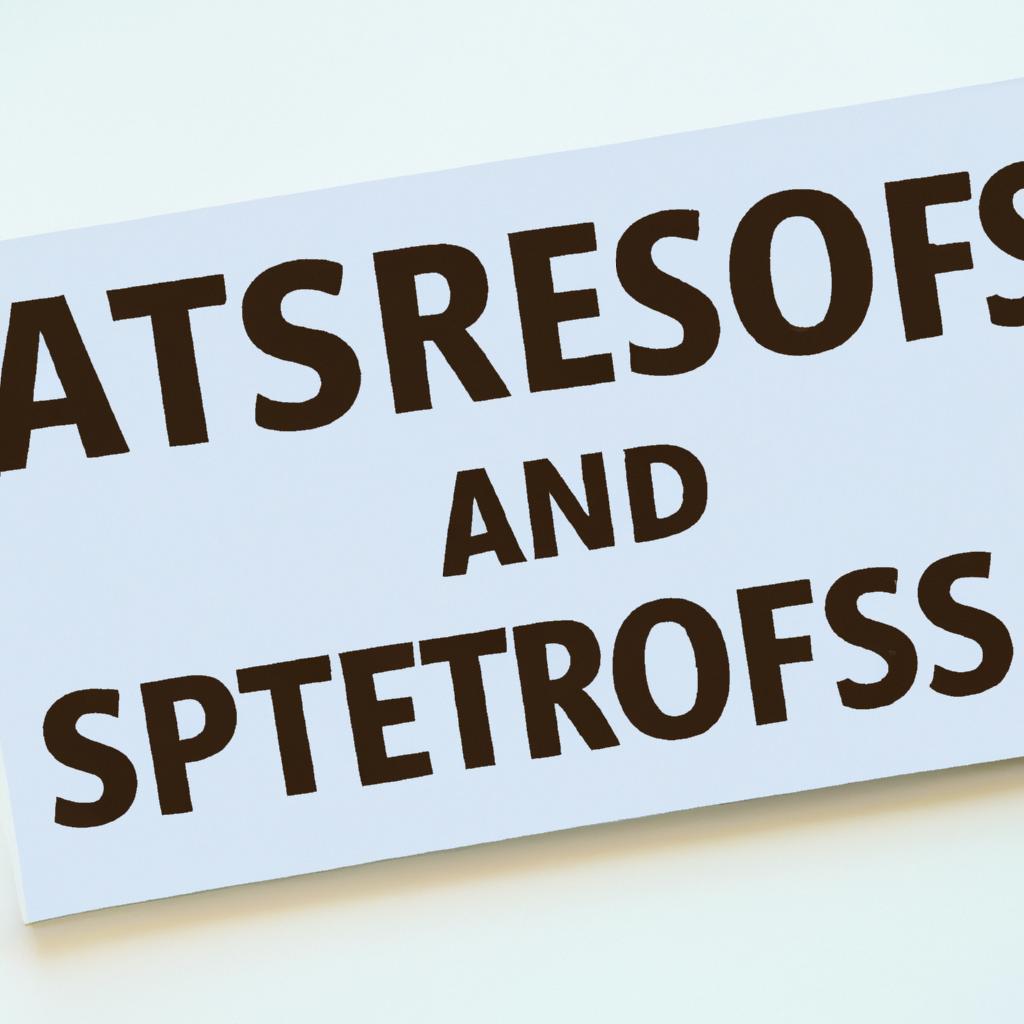**”The Role of Personalized Nutrition in Enhancing Immune Function: How Tailoring Diets Based on Genetic Insights Can Boost Health and Recovery”**
The Role of Personalized Nutrition in Enhancing Immune Function
Health and wellness dominate today’s world. Individuals actively seek ways to boost their immune function. Personalized nutrition provides a promising solution. By customizing diets based on genetic insights, we can enhance health and recovery. This leads to improved resilience against diseases.
Understanding Personalized Nutrition
Personalized nutrition tailors dietary choices to individual needs. Genetics, lifestyle, and existing health conditions influence nutrition significantly. This approach considers how individuals metabolize food and absorb nutrients. Personalized nutrition helps individuals achieve better health outcomes by aligning diets with their unique biology.
The Science Behind Genetic Insights
Genetic insights show how our bodies respond to different foods. Certain genes affect how we process vitamins and minerals. Individuals with specific genetic markers may need different nutrient ratios. Personalized nutrition uses these insights to create tailored dietary plans for individual well-being.
Recent advancements in nutrigenomics deepen our understanding of nutrition and genes. Variations in genes related to inflammation indicate susceptibility to chronic diseases. By understanding these genetic predispositions, individuals can make informed dietary choices that promote health and boost immune function.
Identifying Nutritional Needs
To enhance immune function, individuals must identify their nutritional needs. Genetic testing provides valuable information about nutrient deficiencies and sensitivities. This testing helps individuals adjust their diets for optimal health.
For instance, individuals predisposed to vitamin D deficiency may benefit from vitamin D-rich foods. Fatty fish and fortified dairy products can improve their intake. Similarly, those with variants affecting omega-3 metabolism may need to prioritize these fats for immune health.
Nutrition Tips for Boosting Immune Function
Tailoring nutrition based on genetic insights can improve immune function significantly. Here are practical tips to consider:
Focus on Anti-Inflammatory Foods
Anti-inflammatory foods support immune health. Incorporate omega-3-rich foods like fatty fish, walnuts, and flaxseeds. These foods help reduce inflammation and support immune function.
Additionally, eat fruits and vegetables high in antioxidants, such as berries and leafy greens. These foods combat oxidative stress and support the body’s defenses. Spices like turmeric and ginger offer anti-inflammatory properties and integrate easily into dishes.
Optimize Micronutrient Intake
Micronutrients, such as vitamins A, C, and D, along with zinc and selenium, are essential for immune health. For example, vitamin C enhances immune cell production. You can find it in citrus fruits and bell peppers. Vitamin D regulates immune responses and comes from sunlight.
Conclusion
In summary, personalized nutrition enhances immune function by tailoring diets to individual needs. Individuals can achieve better health outcomes and resilience through informed dietary choices.
Below are related products to the topic if you’re interested:
FAQ
What is personalized nutrition and how does it enhance immune function?
Personalized nutrition tailors dietary choices to individual needs based on genetics, lifestyle, and existing health conditions. It enhances immune function by aligning diets with unique biological factors, allowing individuals to optimize nutrient intake and improve their resilience against diseases.
How can genetic testing help identify nutritional needs for immune health?
Genetic testing provides valuable insights into nutrient deficiencies and sensitivities. By understanding their genetic predispositions, individuals can adjust their diets accordingly. For instance, those at risk for vitamin D deficiency can prioritize vitamin D-rich foods, while individuals with omega-3 metabolism variants may need to focus on foods high in omega-3 fatty acids for better immune health.
What types of foods are recommended for boosting immune function?
To boost immune function, it is recommended to focus on anti-inflammatory foods such as omega-3-rich fatty fish, walnuts, and flaxseeds. Additionally, incorporating fruits and vegetables high in antioxidants, like berries and leafy greens, is beneficial. Essential micronutrients, including vitamins A, C, and D, as well as zinc and selenium, should also be included in the diet for optimal immune health.















Post Comment